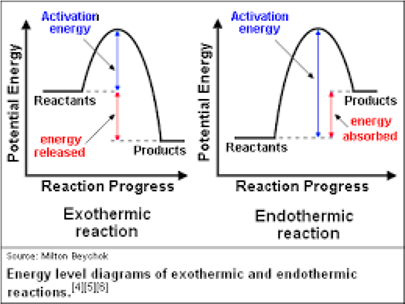How To Use stalagmometer to detrermine surface tension of a liquid.
Experiment:
Determine the surface tension of a given liquid by stalagmometer (Drop Number Method) at a given temperature.
Theory:
Surface
Tension is defined as “The force acting upon unit length of the surface
liquid”.
It
is also defined in terms of work done (or energy required)
“Surface
tension is the work done (or energy required) to produce a unit increase in the
surface area.”
Surface
tension may be explained by considering two molecules A in the interior of the
liquid and B on the surface of the liquid. Due to intermolecular forces, the
molecule A is pulled equally on all sides by the neighbouring molecules whereas
B is pulled down-ward and laterally only. The resultant force acting on A is
zero but B on the other hand, is subjected to an unbalanced force acting
in-wards molecule, present in the surface.
Units (or Dimensions) of Surface Tension:
According
to CGS System, the units of surface tension are dynes.com-1 or
erg.com-2 According to SI unit, surface tension is expressed in
newton per meter (N.m-1) or joules per square meter (J.m-2).
Units
in two systems are related to each other as
Dynes.cm-1
= 10-3.m-1
Apparatus:
Stalagmometer,
specific gravity bottle, screw type pinch cock, beakers, rubber tube, balance,
stand
etc.
Procedure:
·
Take
a stalagmometer, wash it with ether, dry it and then fill it with water up to
the level of the upper mark a by sucking through rubber tube.
·
Release
water at a very slow rate and count the number of drops of water from the upper
mark A to the lower mark B.
·
Also
count the number of drops for each of the given liquids in the same way.
·
Take
a specific gravity bottle and weigh it .Then fill it with water and weigh it.
·
Find
the weight of water by subtracting the weight of empty bottle from the total
weight of bottle filled with water.
·
Also
find the weight of each liquid in the same way. Then calculate the density of
each of the liquid as follows:
Density of liquid = (Weight of liquid / Weight of water) x Density
of water as density of water is usually taken as 1, therefore
Density of liquid = (Weight of liquid / Weight of water)
Observations:
|
Liquid
|
No.
of Drops (n) |
Surface
tension (g) |
|
Water |
|
|
|
Given
Liquid |
|
|
Room
temperature = oC
Weight
of empty specific gravity bottle = W1 g
Weight
of empty specific gravity bottle + water = W2 g
Weight
of water = W2 – W1 = W3 g
Weight
of specific gravity bottle + liquid 1 = W4 g
Weight
of liquid = W4 – W1 = W5 g
Calculations:
Surface
tension of a liquid is calculated using the following relationship
gl = gwx (nw
/ nl) x (dl/ dw)
Surface
tension of water at 30oC is 71.22











Comments
Post a Comment